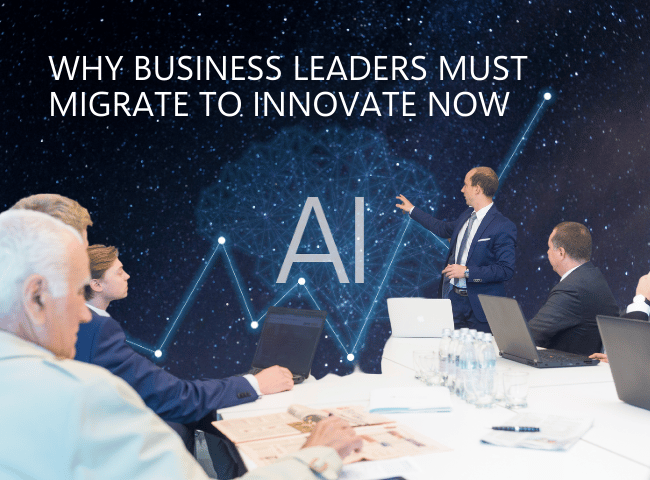The world is evolving at a rapid pace and only those who actively commit to keeping up will be relevant in a few years’ time. That may sound alarmist, but it’s true. Like a 5000m track event, if someone lets the gap between themselves and the frontrunners grow too large there might not be enough time to reel them in.
Think about it. Not too long ago everyone was talking about big data, data lakes and lake houses, containers and the metaverse… and today? ChatGPT has taken the world by storm, but rest assured the next big thing is around the corner.
What does this mean? Often, it means that people jump into topics and learn about them up to a certain level of proficiency and then jump off and move on to the next trend. It’s not dissimilar to new solutions or updates within existing platforms or technology ecosystems. There really is little use in being 15% proficient at something even if we agree that 15% is surely better than nothing.
The reason there needs to be deeper focus is because in the world of technology, we are called on to build a business case. Technology has changed and evolved so quickly that most people are lagging behind in their theoretical understanding of technology and this prevents a deep understanding of technology’s business applicability.
It is all good and well to be at the forefront of the tech curve but there still needs to be effort to ensure it is made commercially viable. It’s not uncommon to find people with a proficient level of understanding of a new technology yet they have almost no idea how it can be commercialised.
The fact remains that we must incorporate tech into current business challenges. This is the missing link, as it were. Broadly, there is no problem in the industry with people willing to learn, however, there is somewhat more of a challenge in finding people who are prepared to focus deeply enough to extract the commercial business case of a new technology.
The Workplace Today
Some call it a generational issue, while others say it is a sign of the times, but if one talks to business leaders broadly there is a sense that people are looking for the so-called ideal job: Nice fat salary with zero risk or stress. People want the highest returns for the lowest amount of risk. There is no such thing as a stress-free or easy job, and a simple mindset shift goes a long way towards helping an employee become an invaluable member of the team.
Beyond this, aptitude is equally vital. Even if someone can’t do something today, if they have the right aptitude and attitude, they can learn the skills and mould themselves according to the business and challenges.
This combination of attitude and aptitude is crucial in an industry that evolves rapidly. Changes to methodologies, technology stacks and required skill sets are not just driven by customers, but also by technology vendors themselves. If a vendor discontinues a product line or adds or changes functionality, you must adapt, and do so quickly. This forced reinvention of personal skills is driven by multiple forces and employees, whether they are 21 or 51, must be willing to adapt.
What Businesses Can Do?
Looking for culture fits is a crucial first step. A business leader may well wonder: What is our culture? Defining and refining this, and hiring people managers to nurture and foster this culture is an important investment. This enables a business to hire someone for their aptitude and ability to fit into and adapt to an existing team and business – remember, unique skills can be taught, so hire the right person first.
Balancing out the capabilities of each individual employee and then aligning business requirements with the talent pool, is a tactical way of not only extracting the best results but also retaining scarce skills. Another effective tool is by allowing skilled individuals to become trailblazers and innovate: encourage them to stay abreast of new technology and start understanding it and researching ways of applying it to business challenges.
Ultimately, the workplace of today is in many instances unrecognisable from just five years ago. In Braintree’s case, what used to be onsite implementations of up to six or eight months are now 100% remote and done in a fraction of the time. This is a day and night change and the only way a business and its employees can navigate such rapidly changing environments is through reinventing the approach to personal skills.







